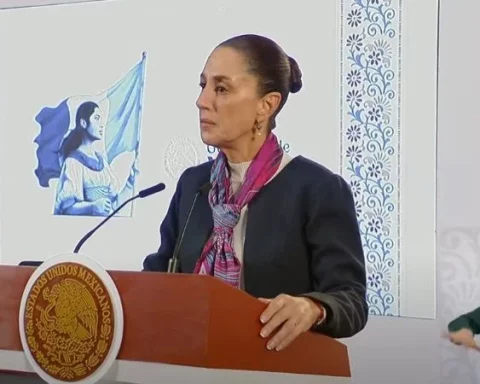Unanimously, the board of directors of the National Telecommunications Agency (Anatel) approved today (31), in Brasília, the purchase of the mobile telephony service from Oi by the consortium formed by the operators Vivo, TIM and Claro. The counselors followed the rapporteur, Emanuel Campelo, who had endorsed the deal, but imposed conditions.
The trial had started last Friday (28). At the time, only the opinion was read. Director Vicente Aquino asked for views [mais tempo para analisar o tema], and voting has not started. In today’s session, Aquino returned the process with wording adjustments and additional conditions in relation to the measures proposed by Campelo. Both the rapporteur and directors Carlos Baigorri and Moisés Moreira welcomed the adjustments.
For the added points, Anatel will have to accompany Oi Móvel users during the migration process to competing operators. Buyers will have up to 90 days, renewable for another 90 days, to negotiate an agreement to maintain the mobile services provided by Oi at the Comandante Ferraz Antarctic Station.
After approval of the deal by Anatel, the sale of Oi Móvel will be analyzed by the Administrative Council for Economic Defense (Cade), which has until February 15 to issue a final decision.
Since 2016, Oi has been in judicial recovery, when a company negotiates debts with creditors to avoid bankruptcy. In September of last year, the 7th Business Court of the Rio de Janeiro Court of Justice extended the conclusion of the process until March this year.
In November 2020, Oi sold assets, such as towers and data centers, for BRL 30.7 billion. The company still started to receive the values, having raised about R$ 1.4 billion until the third quarter of last year. The sale of Oi Móvel should yield R$15.8 billion, and the sale of InfraCo, an optical infrastructure company, is valued at R$10.6 billion.
Competition
To maintain competition in mobile telephony, the rapporteur of the case suggested that competing operators that buy the mobile service from Oi offer, at special prices, roaming services to small providers; encourage the exploitation of personal mobile service (SMP) via virtual network and make plans for voluntary commitments for the use of spectrum bands.
Companies must also prepare a special communication plan for customers, informing them of the right to choose the telephone plan with express consent and guaranteeing the right to portability at any time.

















